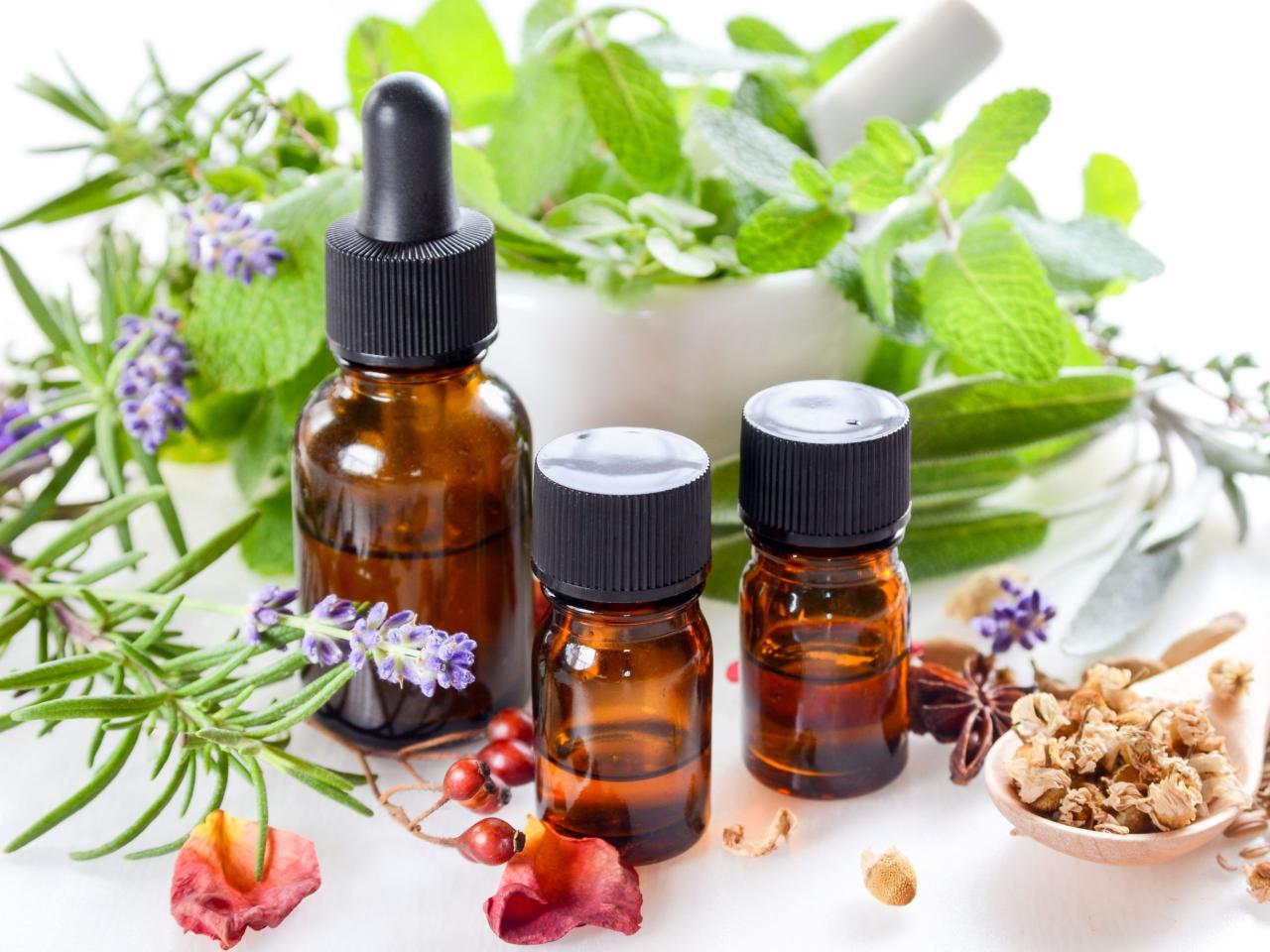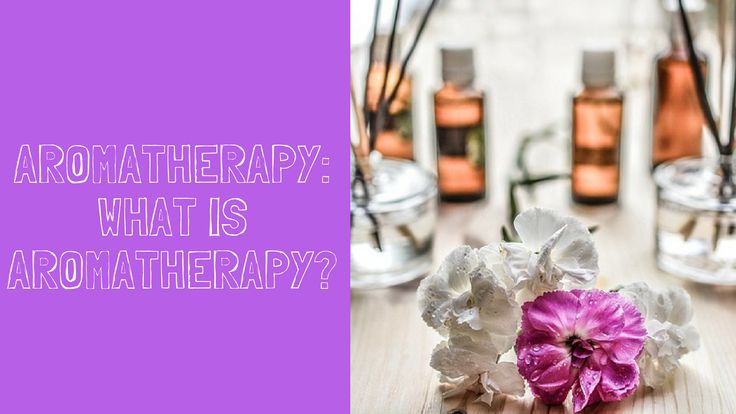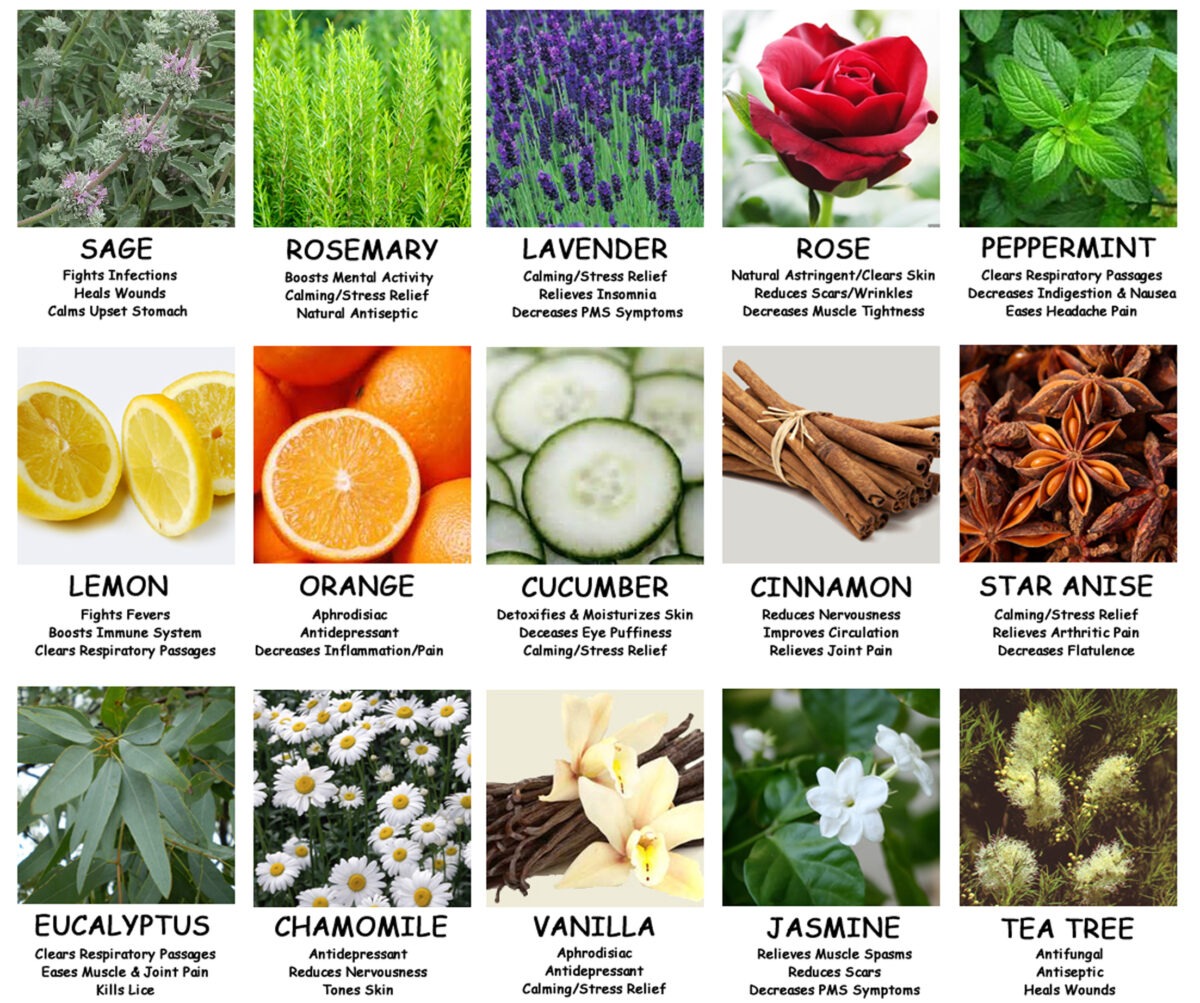In a world where stress and ailments seem to be an ever-present reality, aromatherapy offers a beacon of tranquility and well-being. This ancient practice harnesses the power of nature’s aromatic compounds, known as essential oils, to promote physical and emotional balance.
Dive into this comprehensive guide to unravel the secrets of aromatherapy, its origins, benefits, and practical applications.
From its humble beginnings in ancient civilizations to its modern-day resurgence, aromatherapy has captivated individuals seeking natural remedies for various health concerns. Essential oils, extracted from plants through methods like distillation or cold-pressing, contain a myriad of therapeutic properties that can be accessed through inhalation, topical application, or diffusion.
Aromatherapy Basics
Aromatherapy is the practice of using essential oils for therapeutic purposes. It has been practiced for centuries, with historical evidence suggesting its use in ancient Egypt, China, and India. Essential oils are concentrated plant oils that contain the volatile compounds responsible for a plant’s scent and flavor.
In aromatherapy, essential oils are used in a variety of ways, including inhalation, topical application, and diffusion. Inhalation involves breathing in the scent of essential oils, which can be done directly from the bottle, using a diffuser, or adding a few drops to a warm bath.
Topical application involves diluting essential oils in a carrier oil, such as jojoba or almond oil, and applying it to the skin.
Essential Oils
Essential oils are highly concentrated and should not be used undiluted. They are typically diluted in a carrier oil, such as jojoba or almond oil, before being applied to the skin. Essential oils can also be diffused into the air using a diffuser.
This method is often used to create a relaxing or stimulating atmosphere in a room.
Benefits of Aromatherapy
Aromatherapy offers a myriad of therapeutic benefits that enhance our physical, mental, and emotional well-being. By harnessing the therapeutic properties of essential oils, this holistic practice promotes relaxation, improves sleep, alleviates pain, and balances our emotions.
Physiological Benefits
Aromatherapy exerts its physiological effects through various mechanisms. The volatile compounds in essential oils interact with our olfactory system, stimulating the limbic system, which is responsible for emotions, memory, and behavior. These interactions can trigger physiological responses, such as:
- Reduced heart rate and blood pressure
- Relaxation of muscles
- Improved digestion
- Boosted immune function
Psychological Benefits
Beyond its physiological effects, aromatherapy also offers significant psychological benefits. By stimulating the limbic system, essential oils can influence our mood, emotions, and cognitive function. Inhaling certain scents can promote:
- Reduced stress and anxiety
- Improved sleep quality
- Enhanced focus and concentration
- Balanced emotions
Specific Essential Oils for Specific Needs
Different essential oils possess unique therapeutic properties, making them suitable for various purposes. For instance:
- Lavender: Calming, relaxing, promotes sleep
- Peppermint: Energizing, improves focus, reduces nausea
- Frankincense: Balancing, reduces inflammation, promotes wound healing
Aromatherapy for Specific Conditions

Aromatherapy has gained recognition for its potential to alleviate a wide range of ailments. By harnessing the therapeutic properties of essential oils, it offers a natural and effective approach to managing common health concerns.
Essential oils are highly concentrated plant extracts that contain volatile compounds responsible for their distinct aromas and therapeutic effects. When inhaled or applied topically, these compounds interact with the body’s systems, influencing mood, reducing stress, and promoting overall well-being.
Headaches
Aromatherapy can provide relief from headaches by reducing tension and promoting relaxation. Essential oils such as peppermint, lavender, and rosemary have analgesic and anti-inflammatory properties that can help alleviate pain and soothe discomfort.
- Peppermint:Inhale directly from the bottle or apply a few drops diluted in a carrier oil to the temples and forehead.
- Lavender:Add a few drops to a diffuser or massage into the scalp with a carrier oil.
- Rosemary:Dilute a few drops in a carrier oil and apply to the temples or inhale from the bottle.
Anxiety
Aromatherapy can help calm the nervous system and reduce feelings of anxiety and stress. Essential oils like chamomile, bergamot, and ylang-ylang have sedative and relaxing effects that can promote a sense of tranquility.
- Chamomile:Diffuse or inhale directly from the bottle to induce relaxation.
- Bergamot:Add a few drops to a warm bath or apply diluted to the wrists and neck.
- Ylang-ylang:Inhale from the bottle or add to a diffuser to promote relaxation and reduce stress.
Skin Conditions
Essential oils possess antibacterial, antifungal, and anti-inflammatory properties that can help treat various skin conditions. Tea tree oil, lavender, and frankincense are commonly used to soothe irritation, reduce inflammation, and promote healing.
- Tea tree oil:Dilute a few drops in a carrier oil and apply directly to affected areas.
- Lavender:Add a few drops to a bath or use diluted in a carrier oil for topical application.
- Frankincense:Dilute a few drops in a carrier oil and massage into affected areas.
Safety and Precautions

Essential oils are potent natural substances that must be used safely and responsibly. Improper use can lead to adverse effects, including skin irritation, allergic reactions, and even toxicity.To ensure safe usage, it is crucial to follow proper guidelines for dilution, storage, and handling.
Essential oils should always be diluted with a carrier oil, such as jojoba or almond oil, before applying them to the skin. The recommended dilution ratio varies depending on the oil and the intended use.Storage is equally important. Essential oils should be kept in dark, cool places, away from direct sunlight and heat.
This helps preserve their potency and prevent degradation.Certain individuals should exercise caution when using essential oils. Pregnant women, children, and individuals with specific health conditions may be more susceptible to adverse effects. It is always advisable to consult a healthcare professional before using essential oils, especially if you have any underlying health issues.
Aromatherapy in Practice

Incorporating aromatherapy into daily life is a simple yet effective way to enhance well-being and create a more harmonious environment. Here are some practical tips and ideas to help you get started:
Creating Custom Essential Oil Blends
Creating your own essential oil blends allows you to customize aromatherapy experiences to suit your specific needs. Consider the following steps:
- Choose a base oil:Carrier oils such as jojoba, almond, or coconut oil help dilute essential oils and make them safe for topical application.
- Select essential oils:Based on the desired effect, choose 2-3 essential oils that complement each other.
- Determine proportions:Start with a few drops of each essential oil per 10ml of carrier oil. Adjust proportions as needed.
- Blend thoroughly:Mix the oils well in a dark glass bottle and label it for easy identification.
Using Aromatherapy in Different Settings
Aromatherapy can be enjoyed in various settings, each offering unique benefits:
- Home:Diffuse essential oils to create a relaxing or energizing atmosphere. Add a few drops to your bath or shower for a spa-like experience.
- Spa:Indulge in professional aromatherapy treatments such as massages, facials, or body wraps to promote relaxation and rejuvenation.
- Workplace:Diffuse invigorating oils like peppermint or rosemary to improve focus and concentration.
Final Thoughts
Aromatherapy, with its versatility and holistic approach, empowers individuals to take charge of their well-being. Whether seeking relaxation, pain relief, or improved sleep, essential oils offer a safe and effective means to enhance physical and emotional health. By incorporating aromatherapy into daily routines and seeking guidance from qualified practitioners, individuals can unlock the transformative power of nature’s fragrant remedies.